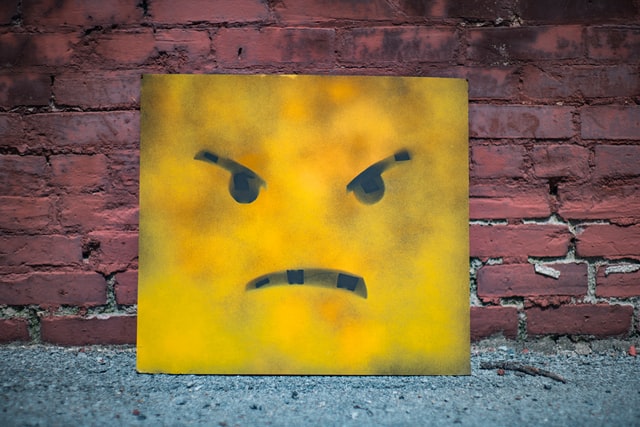Anger is one of the most common emotions individuals have out of the universal emotions. Anger is the feeling of disappointment and its instant reaction, which mostly comes out aggressively. Anger usually occurs when an individual is stopped from doing something or their expectation is not fulfilled as per their choice or convenience. Anger can be a very dangerous emotion where the angry individual ends up doing something harmful. What triggers an individual’s anger is a distinctive factor which differs from person to person. However, a few common triggers which are seen to provoke an individual’s anger include:
- Losing a game or an argument
- Rejection of some sort/Betrayal
- Exclusion or ignorance
- Late arrival of someone or something
- Being criticized by others
- When you do not get freedom or authority
- Being misunderstood or being accused of something you did not say/do
- Losing something valuable
- Waiting in long cues
- Not finding something while searching for it
There are a few common triggers that may provoke an individual’s anger. Although many people may not react or express their rage similarly, it is most recognisable from their tone of voice and facial expressions.
What does it mean by Anger Cues?
Anger cue refers to the signs and symptoms visible in an individual who indicates your anger and its intensity level. The anger cues can be in any form, whether a feeling, thought or how your body reacts to the anger-provoking event. There are four different types of anger cues: physical, emotional, behavioural, and cognitive cues.
Physical Cues: The physical cues or signs that indicate that an individual is getting angry and the level of anger is increasing is identifiable by how their body reacts. The physical cues include increased heart rate, sweating, hot flashes, face turning red, tightening of chests, headache/dizziness, body trembling etc.
Emotional Cues: Emotional cues refer to the feelings that you feel simultaneously with anger. Some people are provoked by certain emotions which trigger their rage. Emotional cues include: feeling rejected, humiliated/insulted, criticised, disrespected, abandoned, ignored, jealous etc.
Behavioural Cues: Behavioural cues or signs refer to our actions when we are angry. Most individuals are unaware of how they react when provoked, which is why others usually observe it. Behavioural cues include: slamming the door, breaking things, punching on the wall etc. Some people even end up hurting themselves instead of bursting out their anger into someone or something else.
Cognitive Cues: Specific thoughts trigger many individuals. During an anger-provoking situation, they look at things negatively, which triggers their anger even more. You may interpret a casual situation negatively, making you angry. For example: if an individual makes something and someone close to them provides them with feedback for improvements, they may take it as a criticism and negatively react to it.
It is essential that an individual’s anger cues are well-observed and noted down to develop strategies to control their anger.




